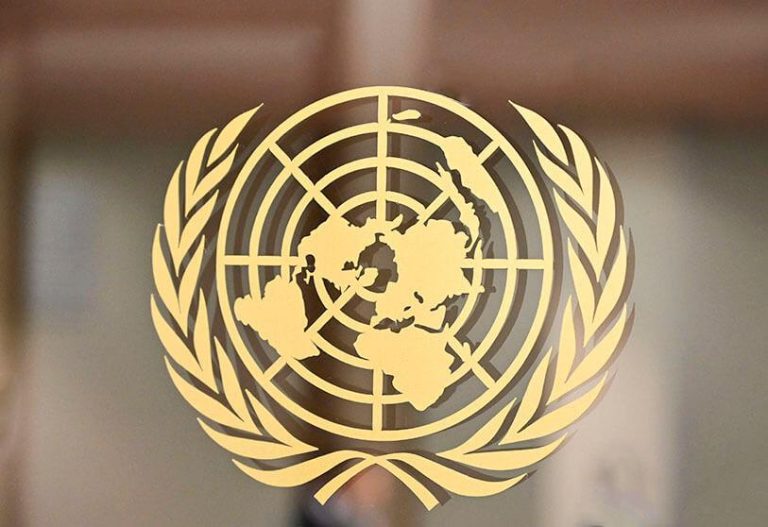According to diplomatic sources, the delay was caused by the US delegation’s refusal to support an end to hostilities, as well as ongoing negotiations over the precise wording of the resolution, and some disagreements between Washington and Israel.
The Security Council would vote again on the draft resolution presented by the Arab nations, which obtained the approval of 153 member states last week in the General Assembly.
The draft was previously vetoed by the United States in the Council despite the urgency of the humanitarian crisis, and the Secretary General António Guterres’ call to request a definitive cessation.
For the first time since taking office, Guterres invoked Article 99 of the UN Charter to urge an end to the crisis that broke out on October 7th.
“The civilian population in the enclave is falling into the abyss,” he warned, calling on the international community to do everything possible to end the ordeal. He also urged the Security Council to spare no effort to push for an end to tensions, the protection of civilians, and the urgent delivery of life-saving aid.
On December 8th, the project received the approval of 13 of the 15 members of the Security Council and the co-sponsorship of more than 100 countries represented at the UN, but the veto of the United States representation made it fail.
Media outlets claim that the United States may accept a “suspension” of hostilities instead of vetoing the resolution as it has done on two previous occasions.
mh/llp/lam/ebr









